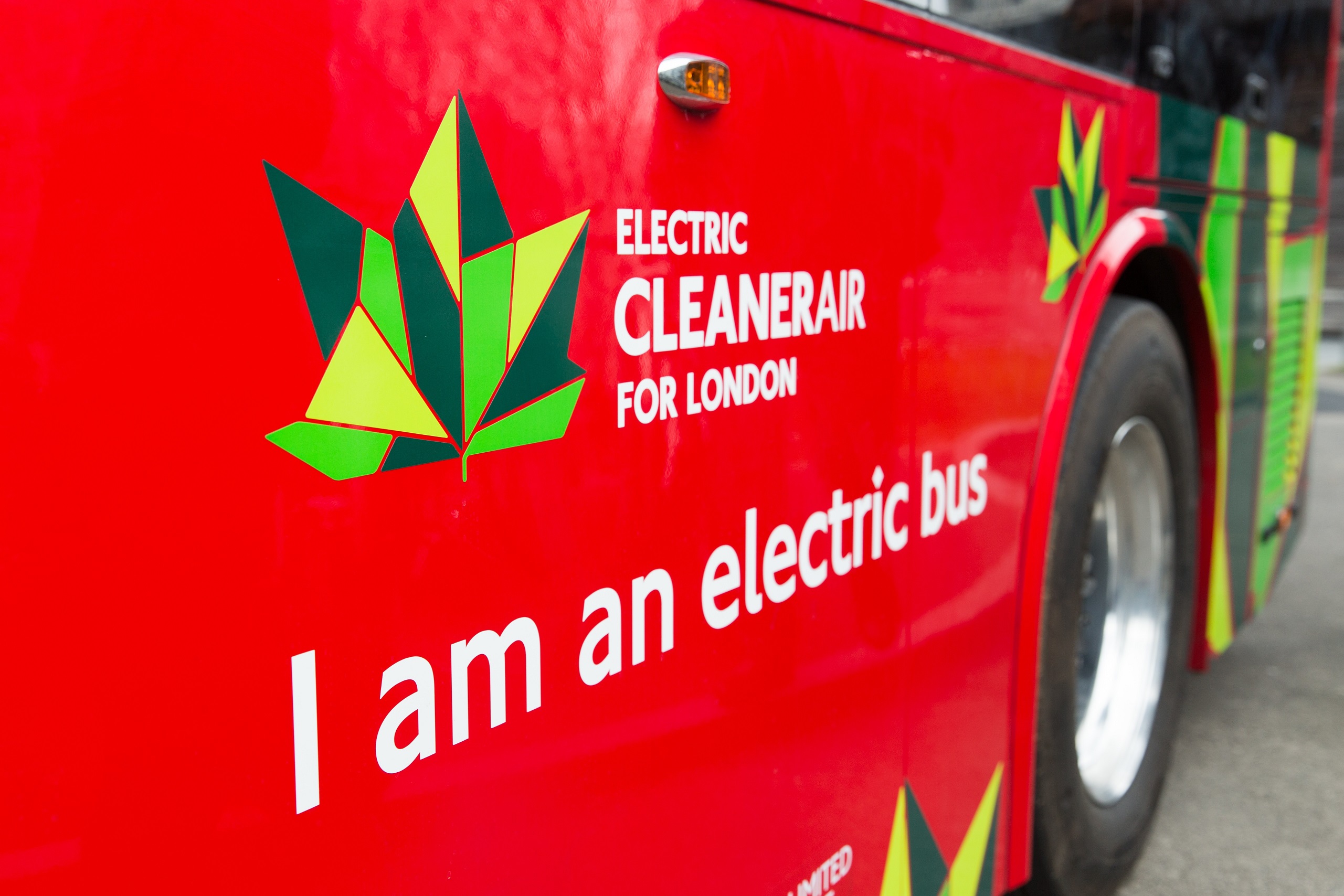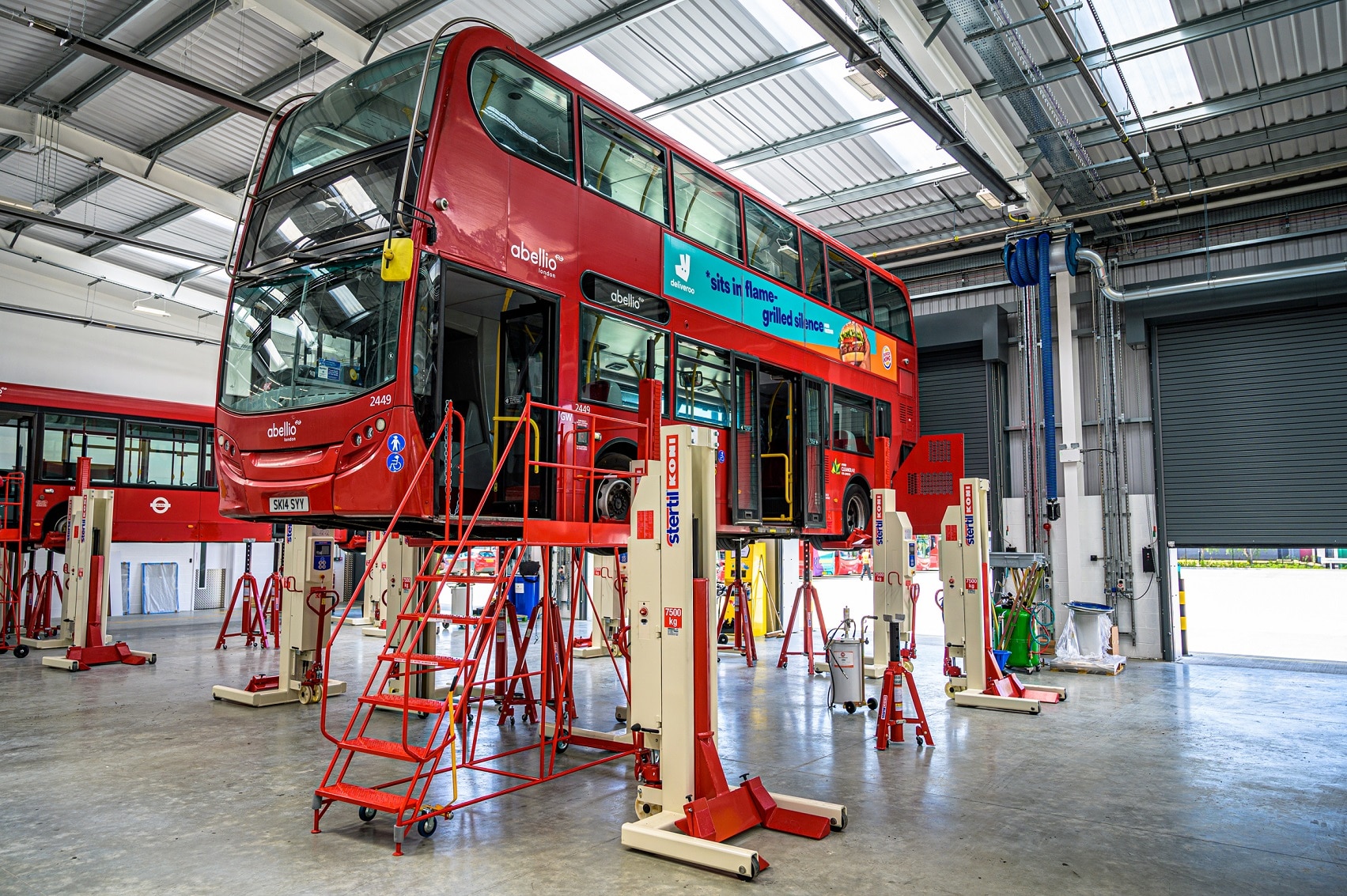There was an interesting policy addition to the government’s Ten Point Plan for a Green Industrial Revolution policy paper that raised at least one of my eyebrows. It was the inclusion of the phrase “British built” next to the target of 4,000 zero-emission buses (ZEBs) by 2025.
This was the first time that I had seen a target that explicitly referred to the origin of those buses, and I had many questions. What does British built mean? Will it affect future funding rounds? Will it be applied to other vehicle types too, and what implications might this have for the wider decarbonisation strategy?
‘British-built’ electric buses: A holistic view is required
On the face of it, the policy will resonate with many people. If British taxpayers’ money is handed out to fund new vehicles and new technology, they should be British built to ensure that the money supports British jobs and manufacturing. That makes perfect sense. However, it opens up a can of worms for the Department for Transport.
Firstly, despite having left the EU, we still have to play by World Trade Organisation rules. They have specific dos-and-don’ts around vehicle procurement and industry subsidies. If we start to favour specific home-grown industries, we could start to upset our new trade partners right from the off.
The second thing to raise is that much of our actions to reduce emissions are time-bound. We have to reach net zero by 2050. That means we must set ambitious short-term targets (4,000 ZEBs by 2025 – check) and take advantage of ZEB technologies available in the next four or five years (prior to the introduction of British built requirements – check).
Price considerations must be remembered when setting policy
The potential exclusion of international suppliers risks pushing up prices and reducing access to the latest technology.
Much of the supply chain relating to either battery-electric or hydrogen fuel cell-electric, the two main candidates for zero-emission buses, is international. China dominates the battery market as phone and laptop manufacturing has driven development there.
At least 60% of the electric buses on the road today have Chinese batteries in them, because they are the lowest cost thanks to the huge scale on which they are produced.
Buses are part of a global procurement and supply chain
Canada and Japan are the main producers of fuel cells, clearly a critical component for hydrogen fuel cell-electric buses. If the UK is to build its own buses, we will have to rely on new battery ‘gigafactories’ and fuel cell producers, along with a host of other components that will take years to develop at scale.
The government must think long and hard about balancing up the drive for British jobs with access to the latest, lowest-cost technologies that will help us to meet our “world beating” targets.



























